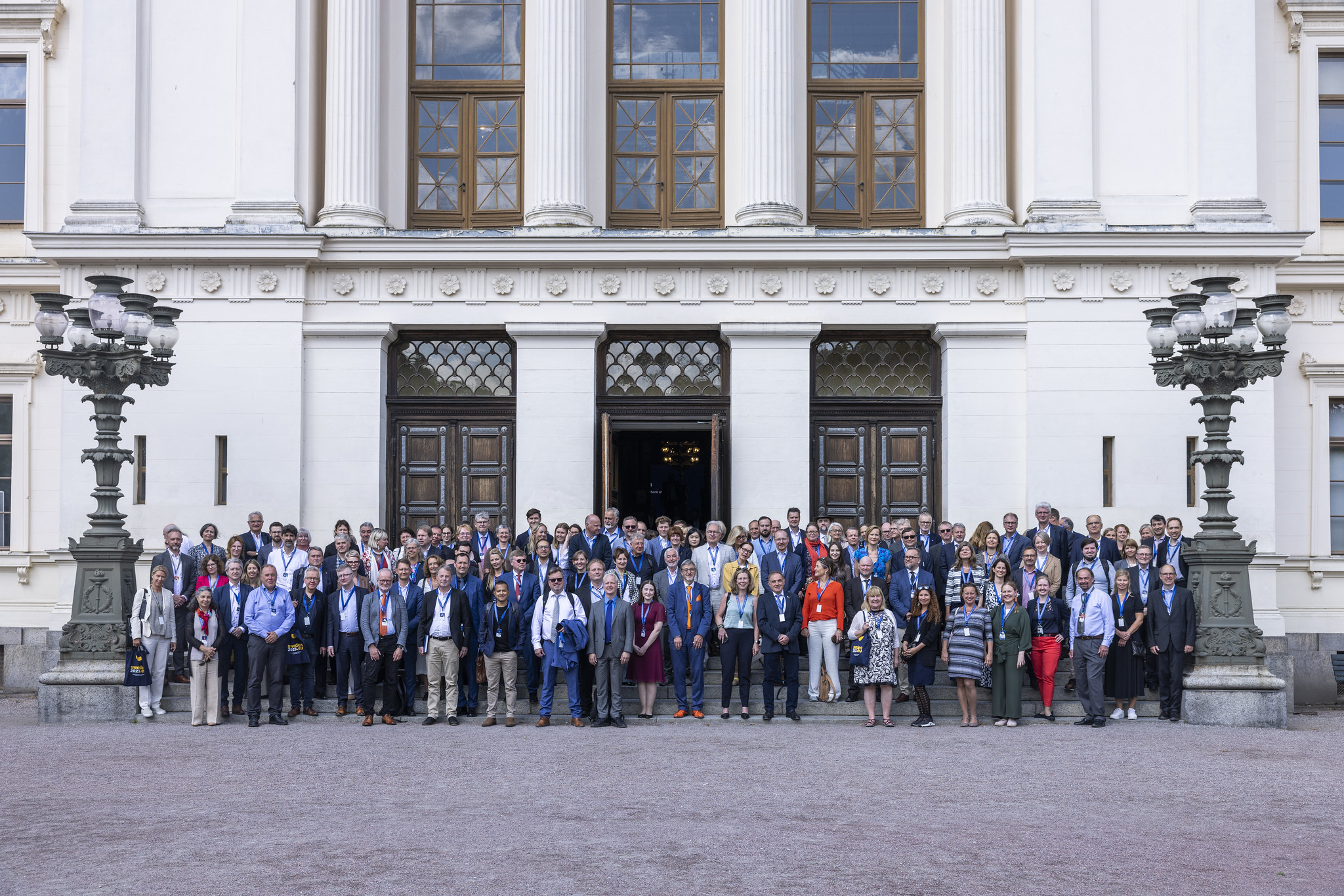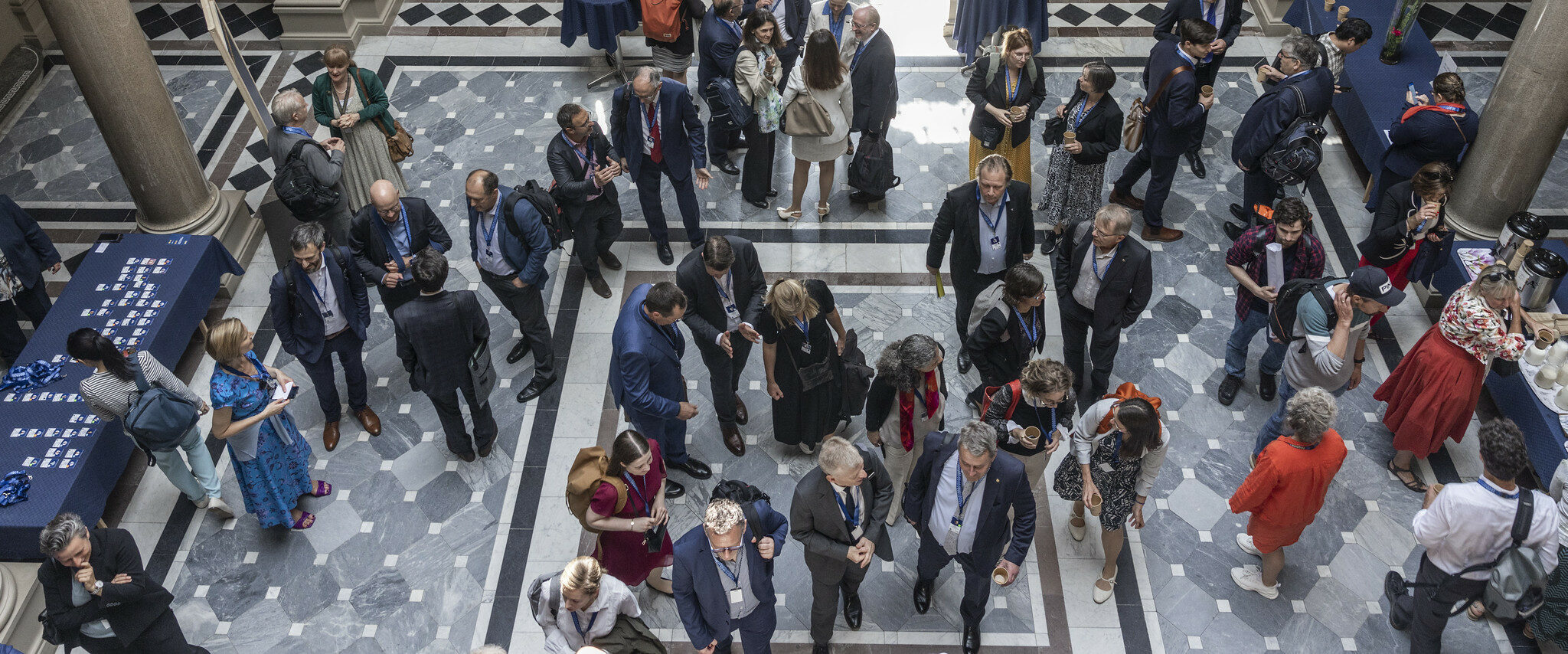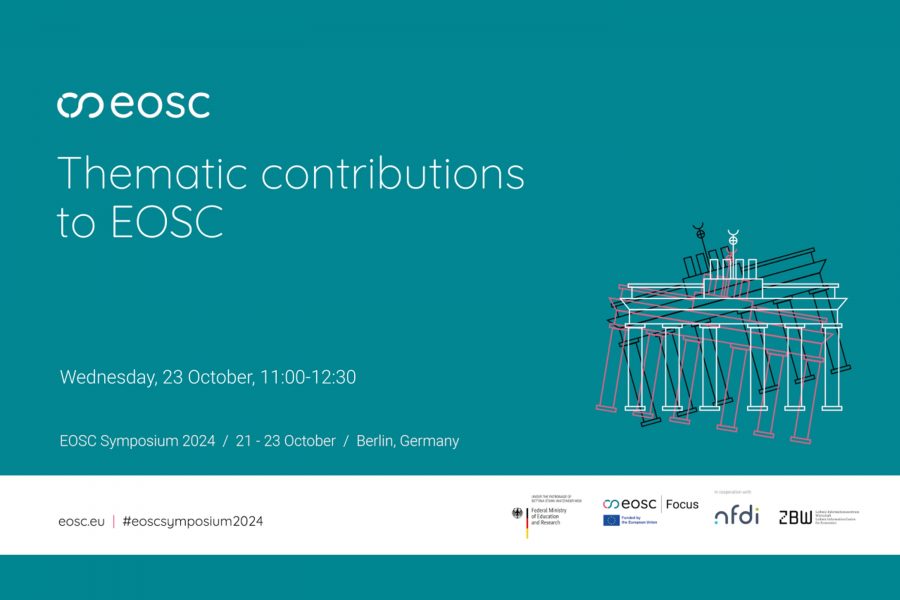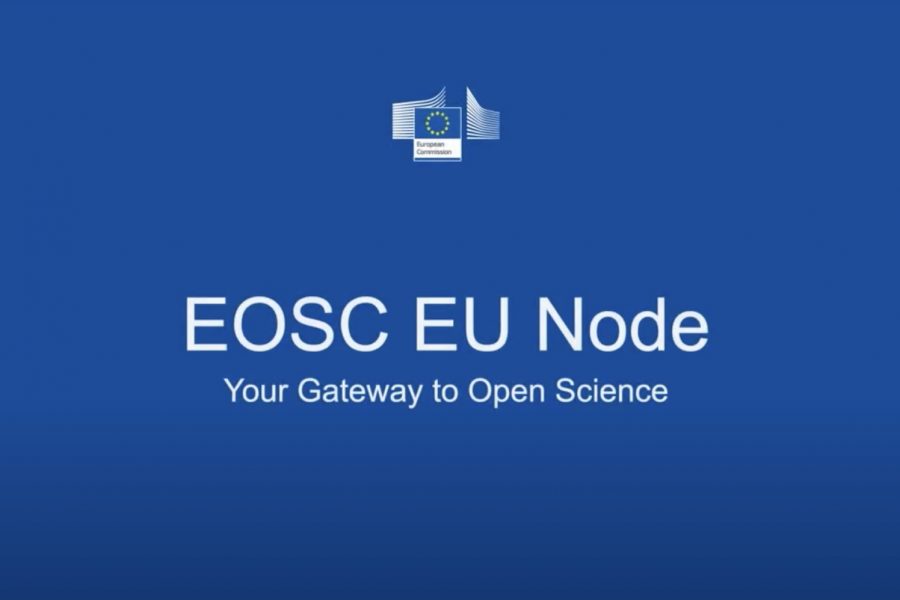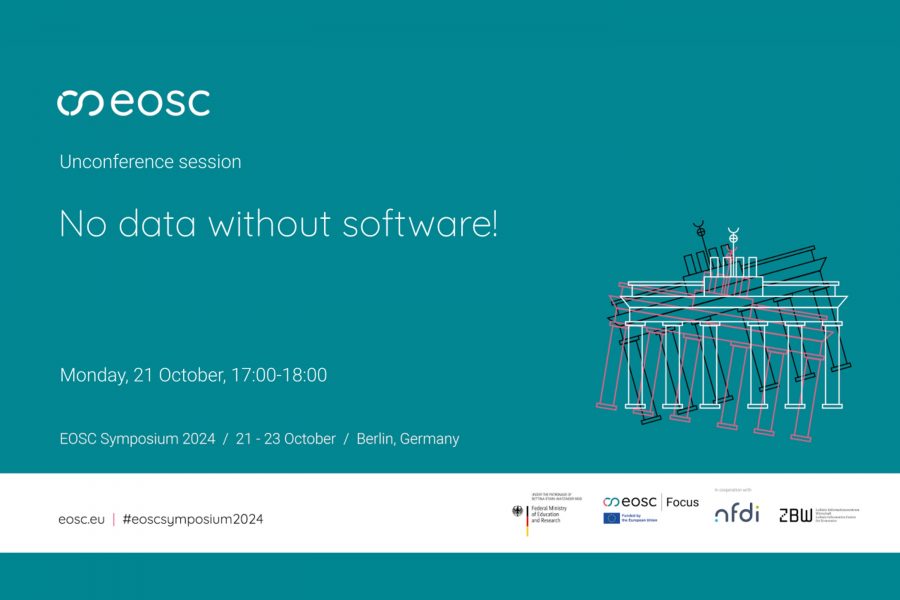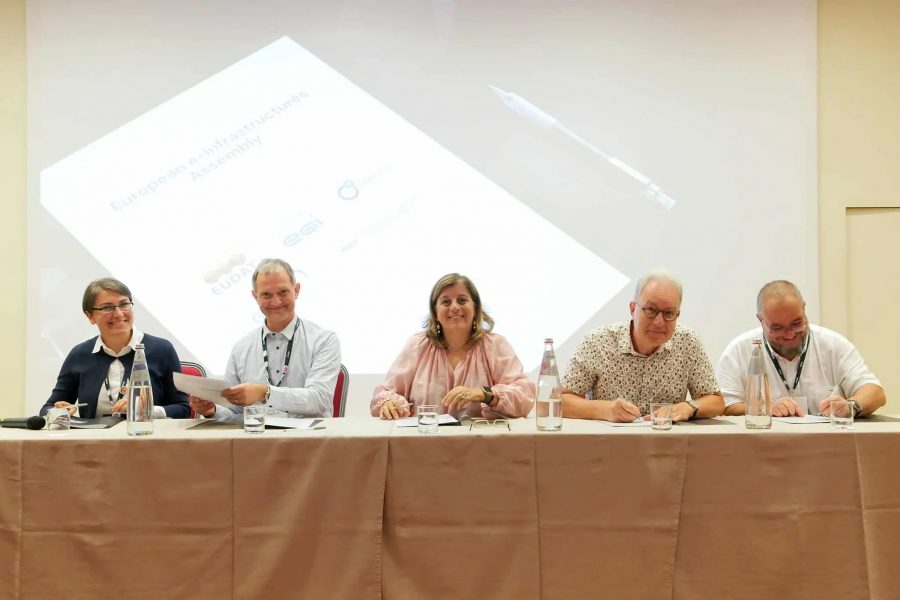LUND — The Swedish Ministry for Education and Research closed the two-day Potential of Research Data conference by issuing the Lund Declaration on Maximising the Benefits of Research Data. The memorandum is a signed declaration that concludes by encouraging the upcoming Council Presidencies “to deepen and develop the efforts to maximise the benefits of FAIR and open research data in Europe”.
The meeting, held 19-20 June and hosted by the Swedish Presidency of the Council of the European Union, together with the Swedish Research Council and Vinnova, served to emphasise the primacy of the Open Science research policy initiatives undertaken during the six-month Swedish Presidency.
European ‘market for knowledge’ depends on FAIR and open data
The declaration recognises that the progress to achieve FAIR and open research data policies “is slow and uneven across Europe”, and that many challenges exist to maximise an efficient use of resources and the reusability of research data and other digital outputs.
The Spanish Presidency, together with the successive Belgian and Hungarian Presidencies, have been called upon to take up the Open Science challenge through 2024, particularly in relation to policy initiatives interfacing with Europe’s research infrastructures, where so much of Europe’s research and innovation investment resides.
“As Europe aims to lead the development of a market for knowledge, the progress towards higher volumes of truly reusable and open data must accelerate,” states the Declaration. “Research data that are FAIR and open by design have the potential to boost impact, quality, efficiency, transparency, and integrity of R&I. This is a priority area in the new European Research Area, and it can only be achieved by coordinated efforts across all Member States.”
 |
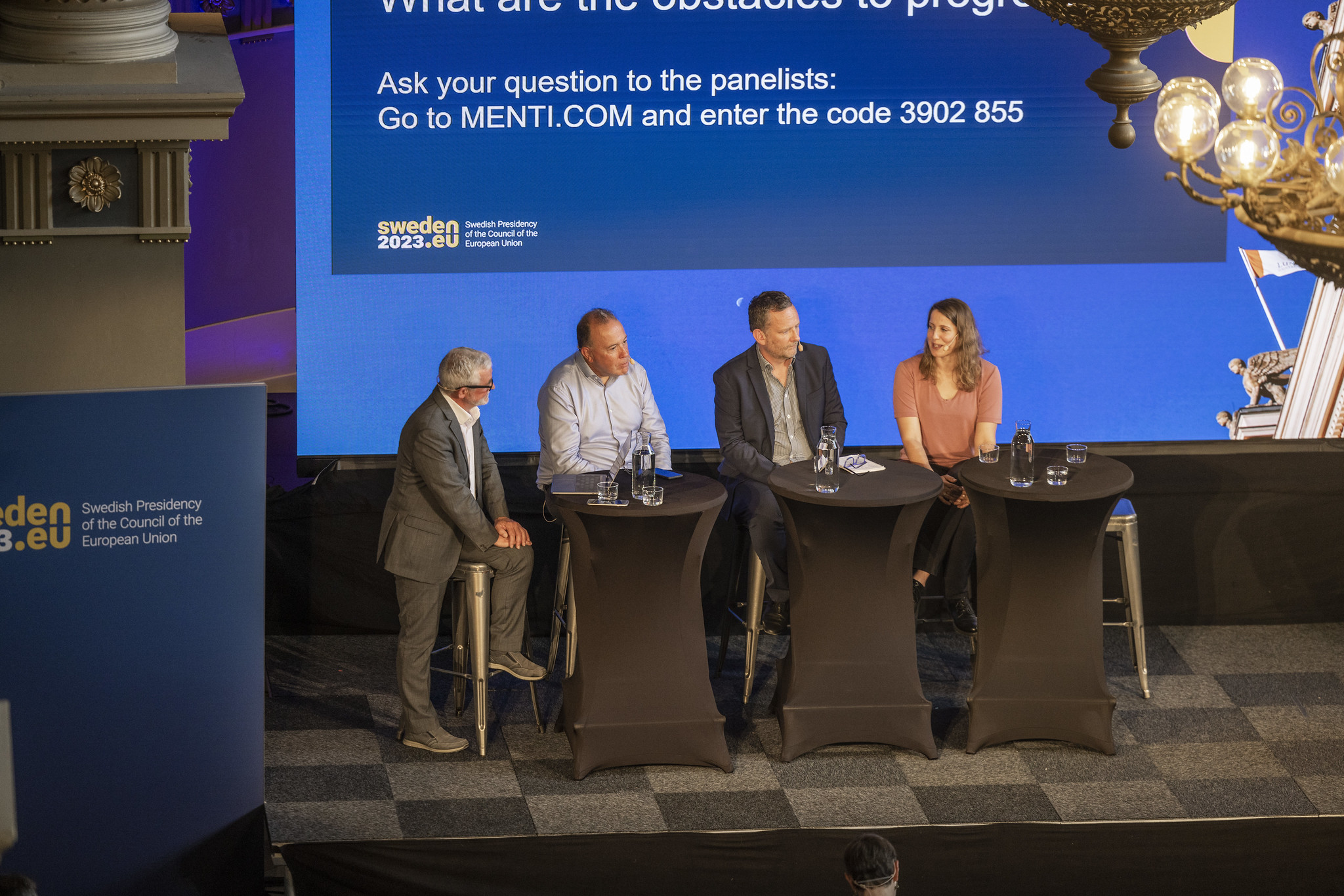 |
EOSC is the key
EOSC Association President Karel Luyben was among the many distinguished conference speakers and panellists. “It is crucial,” said Luyben, “to tackle the importance of research data stewardship in order to properly foster the uptake of FAIR data and contribute to capacity building in research-performing organisations, and across the board.”
The declaration, which leans heavily toward the goals of the EOSC Partnership and the work of the EOSC Association, goes on to urge all stakeholders to address the substantial challenges and opportunities posed by the growing volumes of research data by:
- Advancing and monitoring the implementation of Open Science policies and practices on European, national, and institutional levels, (…) through the European Open Science Cloud (EOSC);
- Designing and developing policies, frameworks and regulations that can be adapted to changing conditions and local settings;
- Supporting European and international cooperation regarding domain and cross-domain interoperability frameworks and integrating best community practices in the EOSC interoperability framework;
- Improve coordination and interconnection between digital infrastructures and research infrastructures, at policy and operational level;
- Accomplishing the change needed to incentivise OS practices and mainstreaming new reward models for research data producers aligned to a reformed research assessment system;
- Creating incentives for investments in FAIR and open research data;
- Strengthening adoption of FAIR and open principles in research infrastructures, by promoting networks of data stewards, relevant skills and training, career possibilities, and support centres for researchers.
Read the full text of the three-page Declaration here
